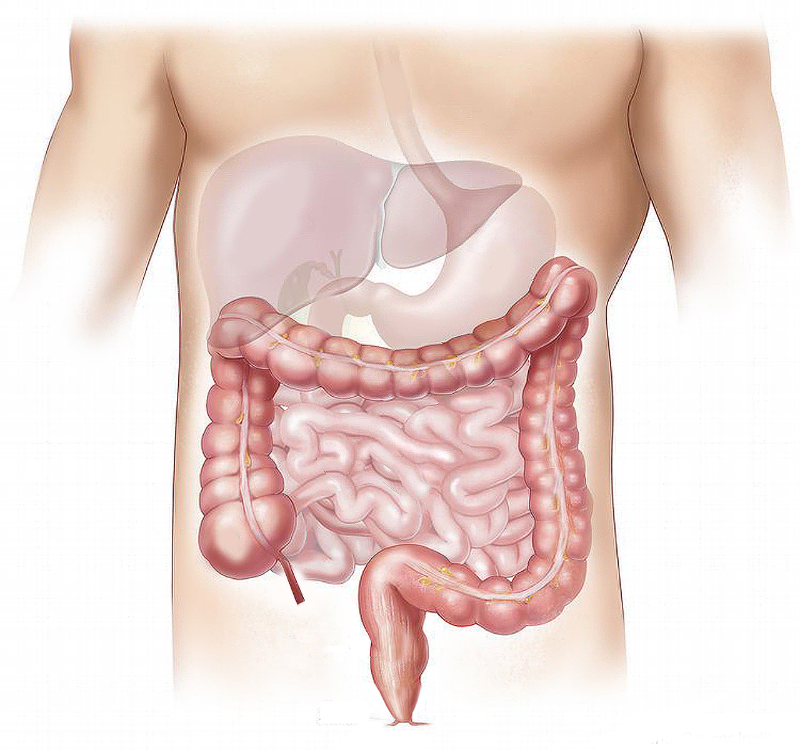Colonoscopy, the examination of the entire colon system, is crucial in detecting serious health complications such as colon cancer. This medical examination ought to be considered by everyone. Some people are at a higher risk of getting this type of cancer than others. When it comes to our body systems, everybody is vulnerable to health complications.
 Source: Pixabay
Source: PixabayIt is best to get your colonoscopy from a gastroenterologist who is in business to diagnose and treat digestive conditions. General practitioners, primary care physicians, and even surgeons sometimes do colonoscopies.
Below are some of the symptoms and signs to watch out for when it comes to colon cancer. However, note that many people diagnosed with cancer hadn’t shown any signs at all. This is why one should not rely on not having symptoms and colonoscopy is important.
- Suspicious malignancy of any type
- Hemorrhage of the gastro-intestine
- Strange changes in bowel habits like diarrhea, thin stool than usual, and the likes
- Unexplained drop in hematocrit level which may also be a sign of anemia, dehydration, bone marrow issues, and the likes
- Blood is detected in the stool. In this case, a test of fecal occult blood is taken and if it comes out positive, it does mean you could be at a risk of colon cancer.
- Regularly experiencing cramps that last for days
- Gas pains that occur regularly
- Severe loss of weight with no apparent reason.
There is no cancer cure, but here are several ways of keeping colon cancer at bay:
1. Exercise regularly and be active even if you don’t consider yourself an athletic person. Walking will do you great justice, an enjoyable activity that may assist in reducing the risk of colon cancer.
2. Eat broccoli, berries, tomatoes, or other foods that help prevent cancer.
3. If you must take supplements to prevent cancer, be aware that eating healthy is a better prevention.
4. Once you clock the age of 50 years, regularly go for health checkups for a variety of health risks, colon cancer included. Don’t wait until some symptoms begin to pop up. It is cheaper when detected early enough than when it has eaten up your system and remember your life is at stake here.
5. If your family has a history of colon cancer, be it your grandparents, you siblings or even your children, then you are also at a higher risk. As such, take your time and get to know your family health history for your own benefit.
6. Watch your habits like cigarette smoking and moderate to heavy regular alcohol consumption, for this can increase the chances of developing colon cancer thereby costing you a great deal. Work on reducing your alcohol intake to minimize your chances of becoming a victim of colon cancer. As for cigarettes, not only will this habit put you at a risk of colon cancer but it will also destroy your lungs too.
